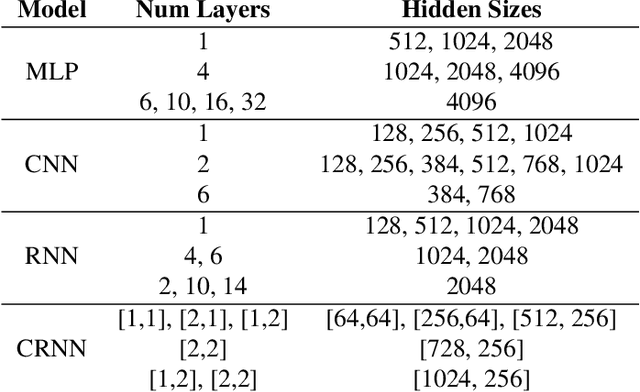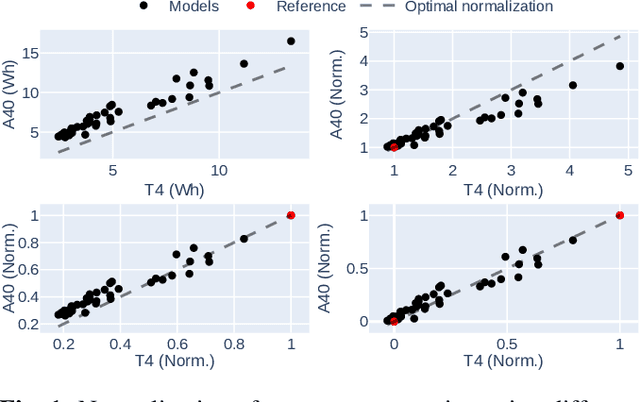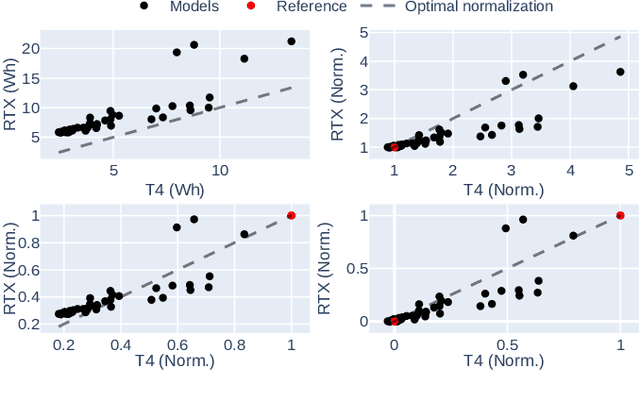Normalizing Energy Consumption for Hardware-Independent Evaluation
Paper and Code
Sep 09, 2024



The increasing use of machine learning (ML) models in signal processing has raised concerns about their environmental impact, particularly during resource-intensive training phases. In this study, we present a novel methodology for normalizing energy consumption across different hardware platforms to facilitate fair and consistent comparisons. We evaluate different normalization strategies by measuring the energy used to train different ML architectures on different GPUs, focusing on audio tagging tasks. Our approach shows that the number of reference points, the type of regression and the inclusion of computational metrics significantly influences the normalization process. We find that the appropriate selection of two reference points provides robust normalization, while incorporating the number of floating-point operations and parameters improves the accuracy of energy consumption predictions. By supporting more accurate energy consumption evaluation, our methodology promotes the development of environmentally sustainable ML practices.
 Add to Chrome
Add to Chrome Add to Firefox
Add to Firefox Add to Edge
Add to Edge